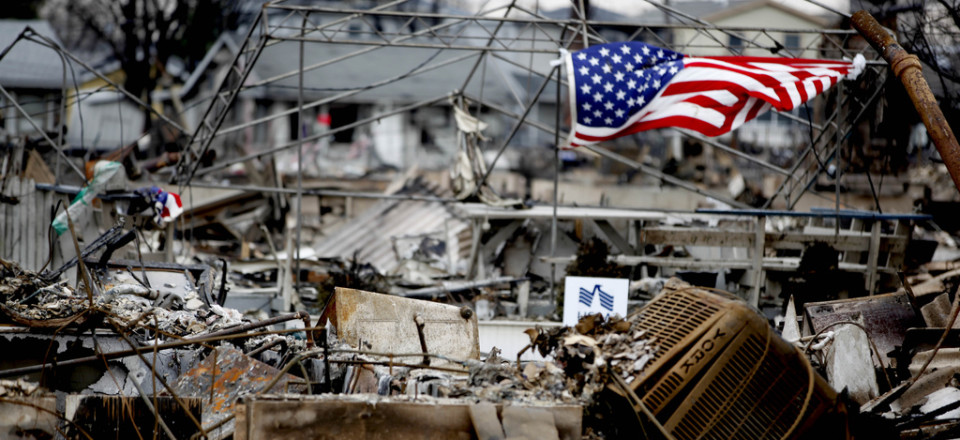✴︎ Available only with purchase from publisher
“As noted in the Department of Homeland Security’s National Response Framework, disasters are inherently local and ultimately the responsibility of the lowest jurisdictional level present within the impacted area. Given these parameters, this paper aims to sharpen the concept of national resilience by recommending a framework which positions community resilience as an integral variable in understanding the ability of impacted areas to effectively manage the consequences of disasters. Conceptualized as a dependent variable, community resilience is influenced by the relationships government (public) agencies develop with private sector partners and the resilience of relevant supply chains and critical infrastructures/key resources which exist in their communities. … This paper argues that interdependent systems like social and economic networks will ultimately influence the ability of communities to adapt and respond to the consequences of disasters. In addressing the resilience of these systems, all levels of government must recognize and embrace the public-private interfaces that can improve their ability to manage the response and recovery phases of disaster management. While 85 percent of critical infrastructure is owned by the private sector, 100 percent of it exists within communities and impacts the ability of the nation to recover from disasters. Resilience calls upon active management and relies upon assessment and a willingness to take action in the face of adversity.”





